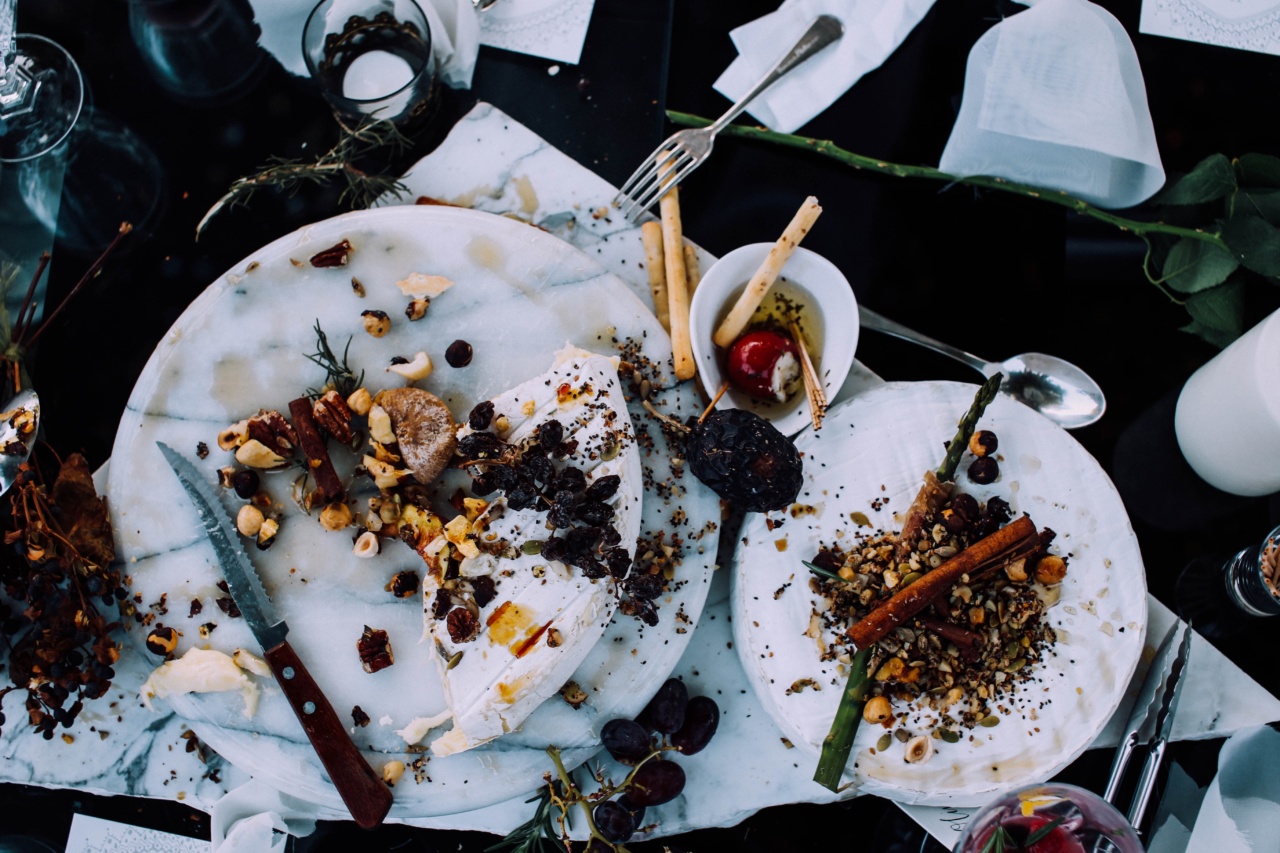Having your gallbladder removed does not necessarily mean a major change in your diet, but it does require some adjustments to help your body digest fat properly.
The gallbladder is a small organ that stores bile, a substance produced by the liver to aid in the digestion of fats. When the gallbladder is removed, bile flows directly from the liver into the small intestine, making it harder for your body to process fatty foods.
Following a few dietary guidelines can help minimize discomfort and maintain a healthy digestive system after gallbladder removal.
Eat Small, Frequent Meals
After gallbladder removal, it is often recommended to eat smaller meals more frequently throughout the day rather than having three large meals.
This can help to reduce the workload on the digestive system and prevent overloading your body with a large amount of fat at once.
Choose Low-Fat Foods
One of the key dietary changes after gallbladder removal is to opt for low-fat foods. Lowering your intake of saturated and trans fats can help ease digestion and prevent discomfort.
Choose lean sources of protein such as skinless chicken, turkey, and fish. Incorporate more fruits, vegetables, whole grains, and legumes into your diet to ensure a well-balanced meal.
Avoid High-Fat Foods
High-fat foods can be challenging for your body to digest after gallbladder removal. Avoid foods that are deep-fried, greasy, or heavily processed.
These can include fast food, French fries, potato chips, butter, mayonnaise, cream-based sauces, and fatty cuts of meat. It is important to read food labels carefully and look for products labeled as low-fat or fat-free.
Go Easy on Fiber
While fiber is an essential part of a healthy diet, it can cause digestive distress after gallbladder removal. Gradually increase your fiber intake and monitor your body’s response.
Foods high in soluble fiber, such as oats, beans, and lentils, tend to be gentler on the digestive system. However, it is best to avoid high-fiber foods like bran, whole grains, and raw vegetables until your body adjusts to the changes.
Stay Hydrated
Drinking an adequate amount of water is crucial for overall digestion and to prevent constipation. Ensure you are well-hydrated throughout the day by drinking water, herbal teas, and other non-caffeinated beverages.
Avoid excessive consumption of caffeinated and carbonated drinks as they may aggravate digestion and increase discomfort.
Include Healthy Fats
Although it is important to limit your fat intake, not all fats are bad for you. Incorporating healthy fats into your diet can aid digestion and provide essential nutrients. Choose sources of healthy fats such as avocados, nuts, seeds, and olive oil.
These fats are easier for your body to process and can support the absorption of fat-soluble vitamins.
Be Mindful of Portion Sizes
Even with a low-fat diet, portion control is still crucial. Be mindful of the serving sizes of your meals and snacks. Overeating can put a strain on your digestive system, leading to discomfort, bloating, and diarrhea.
Consider using smaller plates and bowls to help control portion sizes.
Chew Thoroughly and Eat Slowly
Eating slowly and chewing your food thoroughly can aid digestion and reduce the strain on your digestive system. Chopped or pureed foods can also be easier to digest.
Take the time to enjoy your meals and listen to your body’s cues of fullness to avoid overeating.
Manage Your Symptoms
While diet can greatly influence your digestive health after gallbladder removal, it is important to note that everyone’s body responds differently. Some individuals may experience ongoing symptoms such as diarrhea, bloating, or indigestion.
If you are experiencing persistent or severe symptoms, it is crucial to consult with your healthcare provider for further evaluation and personalized advice.
Conclusion
Although the removal of the gallbladder may require some dietary adjustments, it does not mean you have to give up all your favorite foods.
By eating smaller, more frequent meals, opting for low-fat options, and staying hydrated, you can support healthy digestion after gallbladder removal. Listen to your body’s cues and make modifications as necessary to find a diet that works best for you.



























